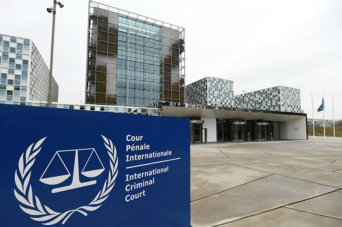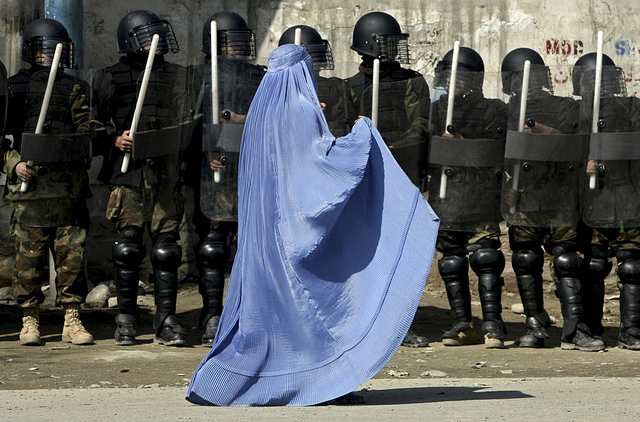- About
- Topics
- Story
- In-Depth
- Picks
- Opinion
- News
- Donate
- Signup for our newsletterOur Editors' Best Picks.Send
Read, Debate: Engage.
| topic: | Peace and Reconciliation |
|---|---|
| located: | Afghanistan |
| editor: | Shadi Khan Saif |
Just as the U.S. is rushing towards exit from Afghanistan, the International Criminal Court’s long overdue ruling to open inquiry into alleged war crimes and crimes against humanity here is a need of the hour to say the least.
The ICC’s last week judgment in the Prosecutor’s appeal against Pre-Trial Chamber II’s decision – which had rejected in April last year the request to investigate alleged war crimes and crimes against humanity in the war-ravaged country – sparks hope for the end to the culture of impunity in a country that saw more than 100,000 civilians killed in the ongoing conflict over the past ten years alone.
Having considered the Prosecutor's grounds of appeal against the Pre-Trial Chamber's decision, as well as the observations and submissions of the Islamic Republic of Afghanistan, representatives of victims and other participants, the Appeals Chamber found that the Pre-Trial Chamber erred in considering the 'interests of justice factor' when examining the Prosecutor's request for authorisation to open an investigation.
With all due respect to the legal process as this reputed entity, the established facts that war crimes and crimes against humanity have been committed in Afghanistan should have been enough to get going with the official probe and holding the perpetrators to account.
Earlier, in a decision made public on April 12 last year, the judges agreed with the prosecutor on two counts: that there was sufficient evidence that war crimes and crimes against humanity that fall under the ICC’s jurisdiction may have been committed and that neither Afghanistan nor the United States (as a party to the Afghan war), were willing or able to prosecute these crimes. However, they disagreed with the prosecutor’s interpretation that an investigation would serve the interests of justice.
This argument clearly disappointed hundreds of thousands of friends and family members of the victims who lost their lives among warring factions, the U.S, Taliban and the Afghan government.
The dateline in sight of 2003 and onwards would arguably mean that mainly these three warring factions would come under the ICC radar, but it is equally important if not more to hold the local warlords accountable as well, who currently enjoy impunity.
The atrocities committed by the rival factions in internal clashes for turf in the 1990s turned the capital into ruins. And, following the fall of the Taliban, the forces that grabbed the reins of power with the support of U.S. military power have been charged with gross violations of humanity in their treatment of Taliban prisoners, particularly in the north of the country.
These abuses have largely gone unchecked, but it is pivotal for the rule of law, the culture of justice to prevail and some sort of stability in the war-ravaged country that records are set straight and those proven guilty are held accountable.
Image: International Criminal Court

